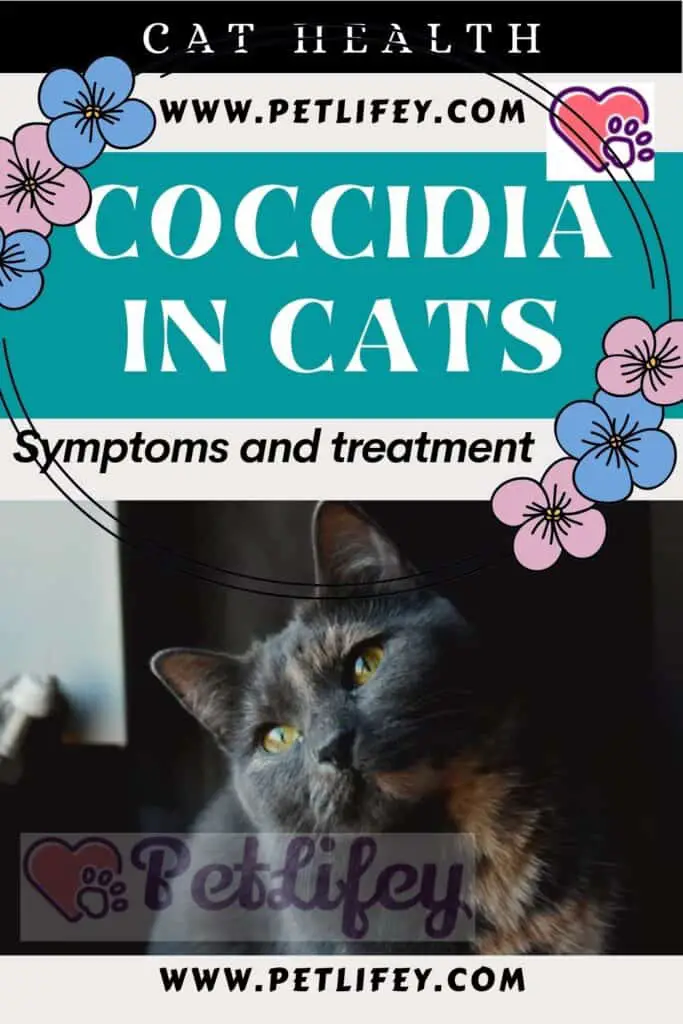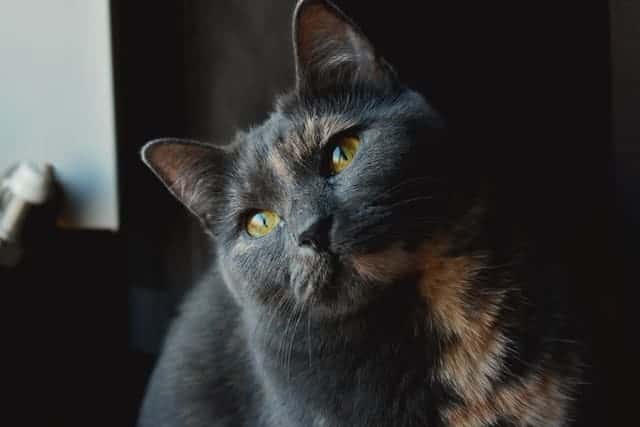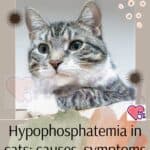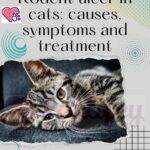
The coccidia in the cat, or intestinal parasites that particularly attack our furry friends. Let’s see what they cause and how to eliminate them.
Coccidia are unicellular microorganisms that are usually found in the small intestine, grow by feeding the intestinal walls by multiplying within the epithelial tissues. In this way they affect the animal and cause this disease.
Feline coccidiosis can not be transmitted to humans, coccidia in the cat attack only the cat. Fortunately, in both dogs and humans, the presence of these parasites does not give rise to a pathology. While in the cat if this disease is not defeated, it can also lead to death.
Cause of coccidiosis in cats
The coccidia in the cat come to us by fecal-oral route, that is, when the animal comes into contact and ingests contaminated feces other infested animals, such as those of rats or those of birds that contribute, therefore, to contaminate the external environment.
Whether the disease can manifest itself or not, it is the immune system that determines it, it goes without saying that a weak subject already affected by other pathologies or a kitten is a simpler target to hit. Coccidiosis in cats is a rather dangerous disease for felines under the age of six months. While in adult subjects, there may also be excessive amounts of coccidia in the intestine and show no symptoms.
Symptoms of coccidia in cats

The symptoms provoked by coccidia in cats are similar to those that can occur for other pathologies:
- vomiting in the cat;
- loss of appetite;
- hypothermia or fever;
- prolapse of the rectum;
- slimming;
- apathy;
- cat dehydration;
- Abdominal pain: one of the most worrying signs in cats is abdominal pain, which is associated with deadly diseases;
- Diarrhea (with the presence of mucus or blood): In some cases, the reproduction of parasites breaks down the intestinal cell and the presence of blood in the cat’s feces will be appreciated.
Faced with the presence of these symptoms in the cat, it is important to contact the veterinarian, in order to intervene as soon as possible and make sure that we can proceed with appropriate and timely care.
Diagnosis and treatment to eliminate coccidia in the cat
In order to make a diagnosis and identify the presence of coccidia in the cat, the veterinarian will have to perform a specific examination of the feces that is done precisely when coccidiosis is suspected in the cat.
Once the diagnosis and then the infestation of coccidia in the cat has been established, the veterinarian will intervene with the administration of drugs (usually spiramycin in combination with metronidazole) that prevent the multiplication of parasites of the intestine, that is, a therapy of coccidiostats, together with the rehydration of the animal and the administration of supplementary vitamins for the cat.
After two weeks of the start of treatment, the veterinarian will check the progress of the therapy and therefore its effectiveness. What should instead be done in order to try to avoid the possibility of coccidia in the cat, as in all pathologies an important part is prevention. How is it possible to help our furry friend, to avoid coccidiosis?
The answer is in the rules of good behavior that can be followed, such as:
- for cats that have the opportunity to go outdoors in the garden, it is necessary to avoid that they can come into contact with feces of other animals;
- the hygiene of the cat’s kennel and of the whole house is fundamental;
- carry out pesticides scrupulously and periodically, suggested by the veterinarian;
- prepare the immune system, through a healthy and proper diet, to be strong and ready to fight diseases.
We must not forget that it is essential to respect the visits to the veterinarian pre-established by a calendar that are important and useful in order to prevent certain problems and diseases.






